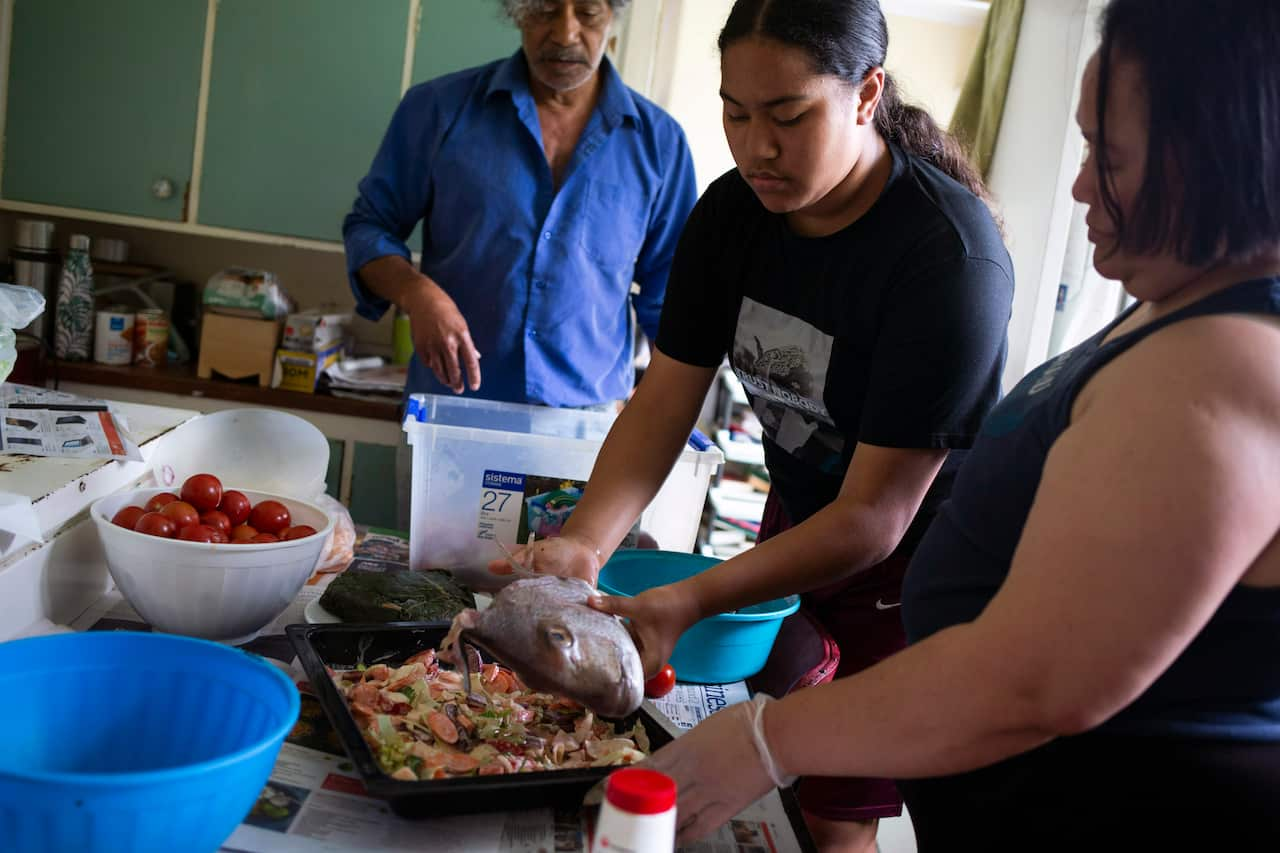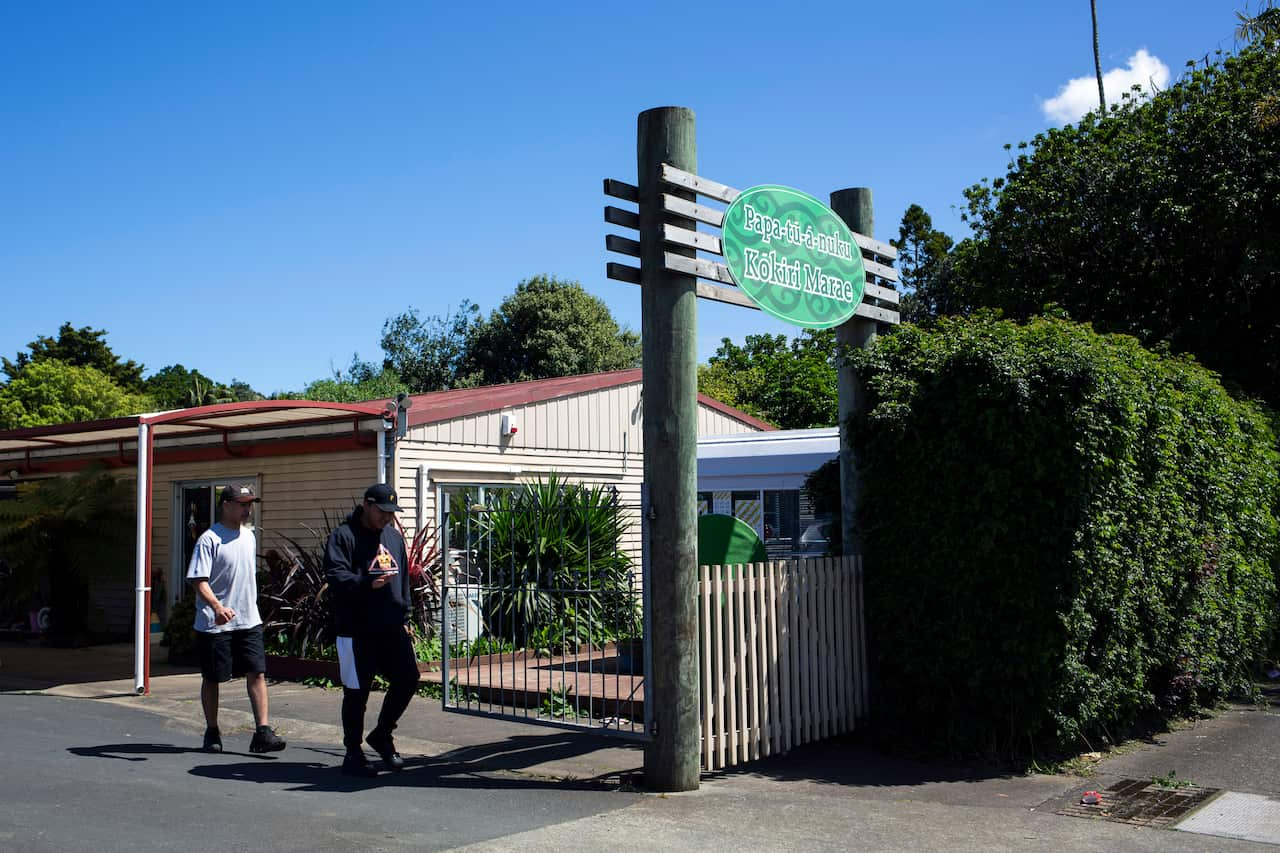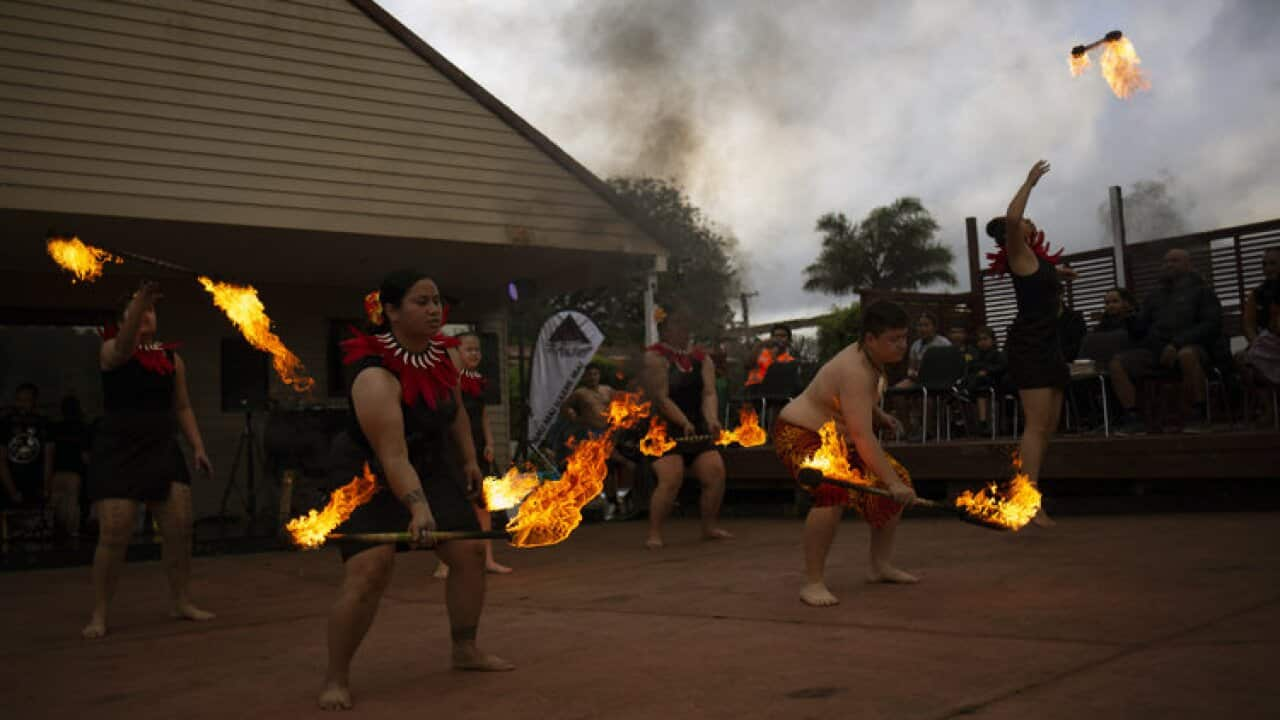Leo Mulipola found a lifeline in a load of fish heads.
Mulipola, 49, has struggled to find even an entry-level job at a fuel station during the coronavirus pandemic and is now unemployed. So, with a household of six to feed, he jumped at the chance to pick up donated snapper and bluenose heads at a Maori community hall in Auckland.
The hall, known as a marae in the Maori language, has been distributing two tons of fish a week — the parts often discarded in commercial and recreational fishing — to families affected by New Zealand’s sputtering economy.
“It would be $150 to get a meal like this,” said Mulipola, adding that he planned to roast or fry the fish, whose cheeks contain a good amount of fatty meat and whose eyes he called tasty.
Maori and Pacific Islanders don’t need any convincing about the value of these donations. Far from being scraps, fish heads are prized as a “chiefly” food in Polynesian culture, creating an equilibrium where one person’s trash is another’s treat.

But this effort to feed those in need isn’t just a matter of charity. It’s part of a movement to reduce food waste by encouraging people to consume or otherwise use more parts of fish, which are typically stripped of their fillets and then tossed away. For every pound of fish produced by the seafood industry, roughly double that amount becomes waste, though much of it is edible.
When just the fillets are used, as is typical in New Zealand and other places like the United States, that means only about one-third of a fish is eaten, said Sam Woolford, who runs LegaSea, an organization in Auckland concerned with destructive fishing techniques and the underuse of what is caught.
“Our objective is to change the way people perceive these fish in their totality,” he said. He pointed to Iceland, where there is a push to use 100% of cod that are caught, with bones turned into calcium supplements and skins destined for handbags.
Woolford’s group was a driving force in the creation of Kai Ika, the organisation that distributes the fish heads in Auckland. Kai Ika started out in 2016 with a problem. The Outboard Boating Club in Auckland had pounds of fish heads, offal and frames, or skeletons, left over after its members filleted their catch. The unwanted parts, sitting out in the sun and producing an awful stench, seemed like a waste.
A member of the club, Scott Macindoe, founder of LegaSea, contacted the Papatuanuku Kokiri Marae, a Maori community hall in South Auckland. The marae’s manager, Lionel Hotene, was eager to take the fish heads and bones for the local community and use the offal as fertiliser in its organic gardens.
A strict five-week coronavirus lockdown that began in March proved tricky for Kai Ika. Leisure fishing was banned, cutting off supply, even as demand for food programs increased. So Woolford turned to two commercial fishing companies, establishing relationships that have continued.
Kai Ika distributed 250 kilograms of fish a week before the lockdown. Now, it is handing out about four times as much.

With leisure boating in full swing for the Southern Hemisphere summer, LegaSea has opened a filleting station at an Auckland marina, in hopes of making Kai Ika self-sustaining. Leisure boaters are charged about $2 a fish for the filleting service, and the fish heads, bones and offal are sent to the Papatuanuku Kokiri Marae, which has begun distributing the fish parts to other marae.
“We are in a time now where people need food and employment,” Woolford said. “We’re lucky enough to do both.”
Among those who are grateful for the donated fish is Uhiua Lataimaumi, 66, whose wife provides the family’s sole income through a nursing home job.
Between the ever-increasing cost of housing and groceries in New Zealand, their weekly budget walks a wire. New Zealand charges a 15% tax on groceries, and there is little competition among retailers, with two chains controlling 98% of mainstream grocery stores, according to the New Zealand Food and Grocery Council.
On a recent Friday, Lataimaumi looked hungry just talking about the 10 bags of fish heads he was about to load into his car at the Papatuanuku Kokiri Marae. He said he liked to roast them. He covers a baking tray with a layer of onions and tomatoes, before pouring on a liberal amount of coconut milk and sprinkling in some hot chilli. Then he places the fish heads on top, covers the tray with tin foil and slides it in the oven.
“I couldn’t get to sleep at night thinking about tomorrow,” Lataimaumi said of the family’s food shortages before he started receiving the free fish heads. The next week, he said, his family of four would eat fish heads most nights.
Hotene, 48, who runs the Papatuanuku Kokiri Marae with his partner of 29 years, Valerie Teraitua, 44, said his organisation was trying to reconnect Maori to their cultural traditions, including through food.
The family lines of both Hotene and Teraitua became detached from Maori life generations ago, starting with European colonisation in the 1800s. Ties were further eroded with a great migration of Maori in the 1960s from family-focused tribal communities in rural areas to urban centres.
“The only thing my stepfather taught me was how not to be a father,” Hotene said of his violent upbringing.
New Zealand has some of the highest rates of family violence in the developed world, and Maori and Pacific Islander families are disproportionally affected. Children from these families are also up to three times as likely to live in poverty than New Zealanders of European descent, according to the Child Poverty Action Group, an advocacy organisation in Auckland.
The Papatuanuku Kokiri Marae and others like it are trying to heal this break in cultural identity through teaching Maori language and traditions, including by re-involving people in the growth and distribution of their food, known as kai.
“It’s enabled us to move people from vulnerability to resilience when it comes to food,” Teraitua said, comparing it to Christ’s feeding the 5,000 with two fish and five loaves of bread. “Now, we have this access to kai, rather than it going to waste.”
Dateline is an award-winning Australian, international documentary series airing for over 40 years. Each week Dateline scours the globe to bring you a world of daring stories. Read more about Dateline
Have a story or comment? Contact Us



